I. Introduction
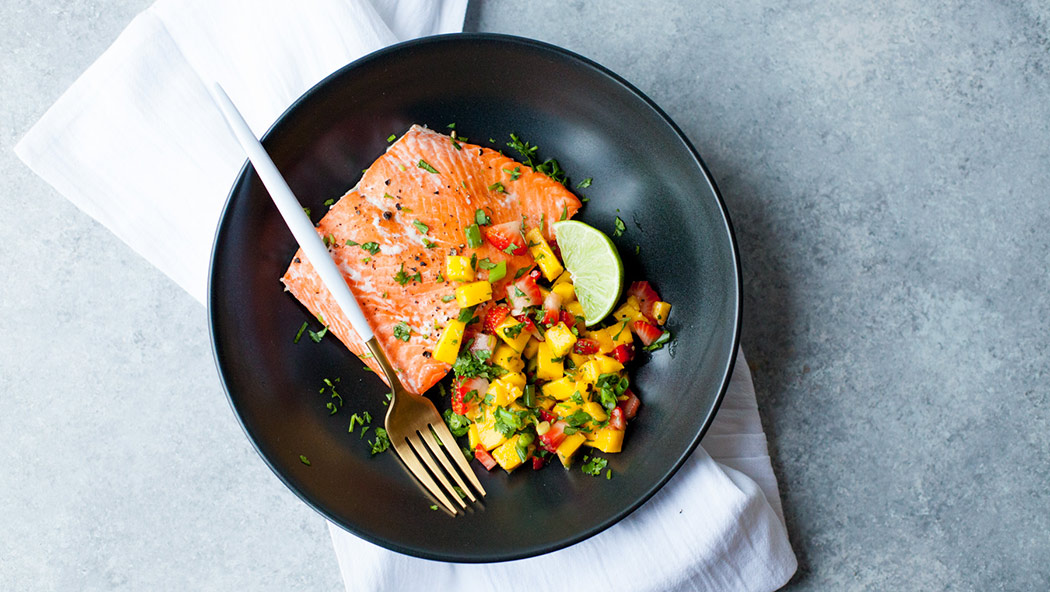
Proper nutrition plays a vital role in optimizing our overall health and well-being. When it comes to yoga, the importance of nourishing our bodies with the right foods cannot be emphasized enough. The food we consume before a yoga practice can greatly impact our energy levels, focus, and performance on the mat.
This article provides valuable insights into pre-yoga nutrition, offering practical tips and meal ideas to help you make informed choices about what to eat before your practice. By understanding the timing of pre-yoga meals, the importance of a balanced macronutrient intake, and the significance of adequate hydration, you can enhance the quality of your yoga sessions and promote optimal physical and mental well-being.
II. Understanding Pre-Yoga Nutrition
A. The Timing of Pre-Yoga Meal
- Optimal time to eat before a yoga session: It is recommended to have a light snack or meal approximately 1-2 hours before your yoga practice. This allows enough time for digestion so that you don’t feel heavy or uncomfortable during your session. However, everyone’s digestion differs, so listen to your body and adjust the timing accordingly.
- Importance of allowing digestion time: Engaging in physical activity immediately after a heavy meal can lead to digestive discomfort and impact your performance. Allowing sufficient time for digestion ensures that your body can effectively break down and absorb nutrients, providing you with the energy necessary for your practice.
B. Balanced Macronutrient Intake
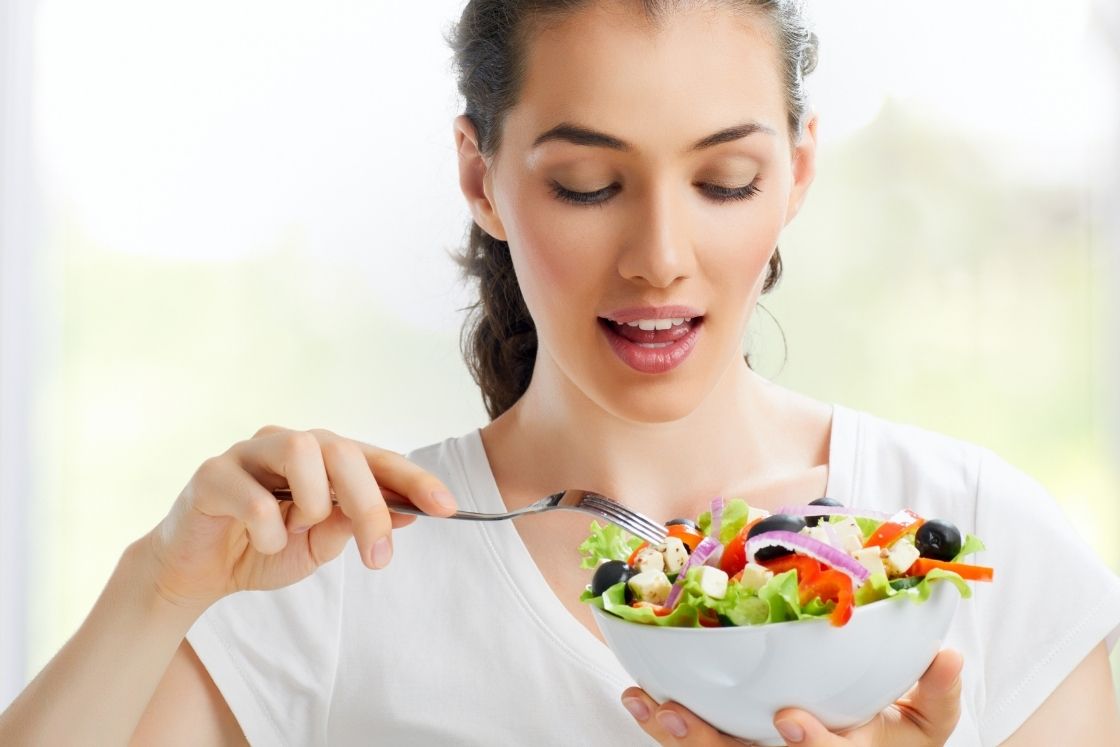
- The role of proteins, carbohydrates, and fats: Proteins, carbohydrates, and fats are macronutrients that provide essential fuel and nutrients for the body. Proteins support muscle repair and growth, carbohydrates supply energy, and fats help with hormone production and nutrient absorption. Including a balance of these macronutrients in your pre-yoga meals can help optimize your energy levels and support your overall well-being.
- Choosing the right balance of macronutrients: When planning your pre-yoga meals, aim for a combination of lean proteins, complex carbohydrates, and healthy fats. For example, consider quinoa salad with grilled chicken/tofu, which provides protein from the chicken/tofu, complex carbohydrates from quinoa, and healthy fats from avocado or olive oil. This balanced meal will help sustain your energy throughout your practice and aid in muscle recovery.
C. Hydration for Optimal Performance
-
The importance of staying hydrated before yoga: Hydration is key for maintaining optimal bodily functions, especially during physical activity. Proper hydration ensures the efficient transport of oxygen and nutrients to your muscles and helps regulate body temperature, preventing fatigue and cramps.
- Tips for staying adequately hydrated: Drink water throughout the day leading up to your yoga practice and pay attention to your body’s thirst cues. Avoid excessive caffeine and sugary beverages, as they can dehydrate you. Adding electrolytes to your water or consuming hydrating foods like watermelon or cucumbers can further support hydration.
By understanding the timing of pre-yoga meals, the importance of balanced macronutrients, and the significance of hydration, you can create a solid foundation for your yoga practice. Consistently providing your body with the right nutrients and fluids will optimize your energy levels, enhance your focus and clarity, and ultimately contribute to a fulfilling and rewarding yoga experience.
III. Pre-Yoga Meal Ideas
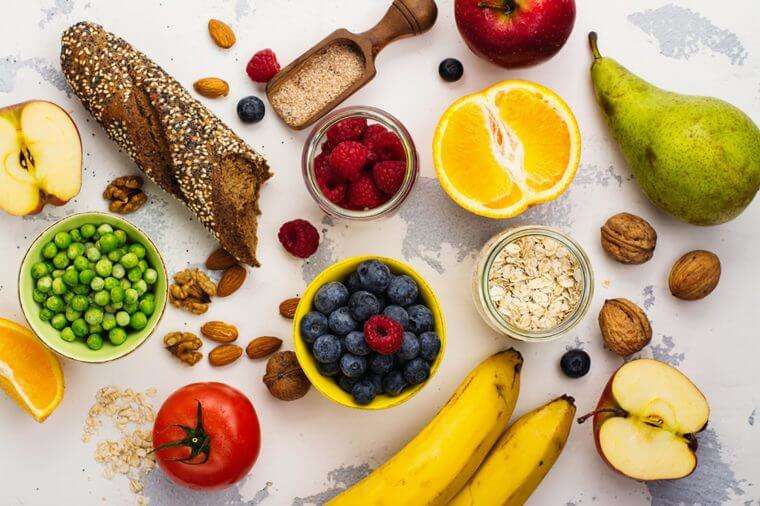
A. Light and Energizing Snacks
- Fresh fruit and nuts: A combination of fresh fruits, such as berries, apples, or bananas, paired with a handful of nuts like almonds or walnuts, makes for a quick and energizing snack. The natural sugars from the fruit provide a burst of energy, while the healthy fats and protein in the nuts help keep you satiated throughout your practice.
- Greek yogurt with berries: Greek yogurt is a great source of protein and calcium. Pair it with fresh berries for added vitamins, antioxidants, and natural sweetness. This snack is not only nourishing but also provides a creamy and refreshing treat before your yoga session.
B. Nutritious Smoothies
- Green smoothie with spinach, banana, and almond milk: Blend together a handful of fresh spinach, a ripe banana, and almond milk for a nutrient-packed green smoothie. Spinach is rich in iron and antioxidants, while the banana adds natural sweetness and provides potassium, which helps prevent muscle cramps.
- Protein-packed smoothie with whey protein, berries, and almond butter: For a more substantial pre-yoga meal replacement, blend together whey protein powder (or plant-based protein if you’re vegan), mixed berries, almond butter, and your choice of milk. This smoothie is not only delicious but also provides a great balance of macronutrients to fuel your practice.
C. Simple and Nourishing Meals
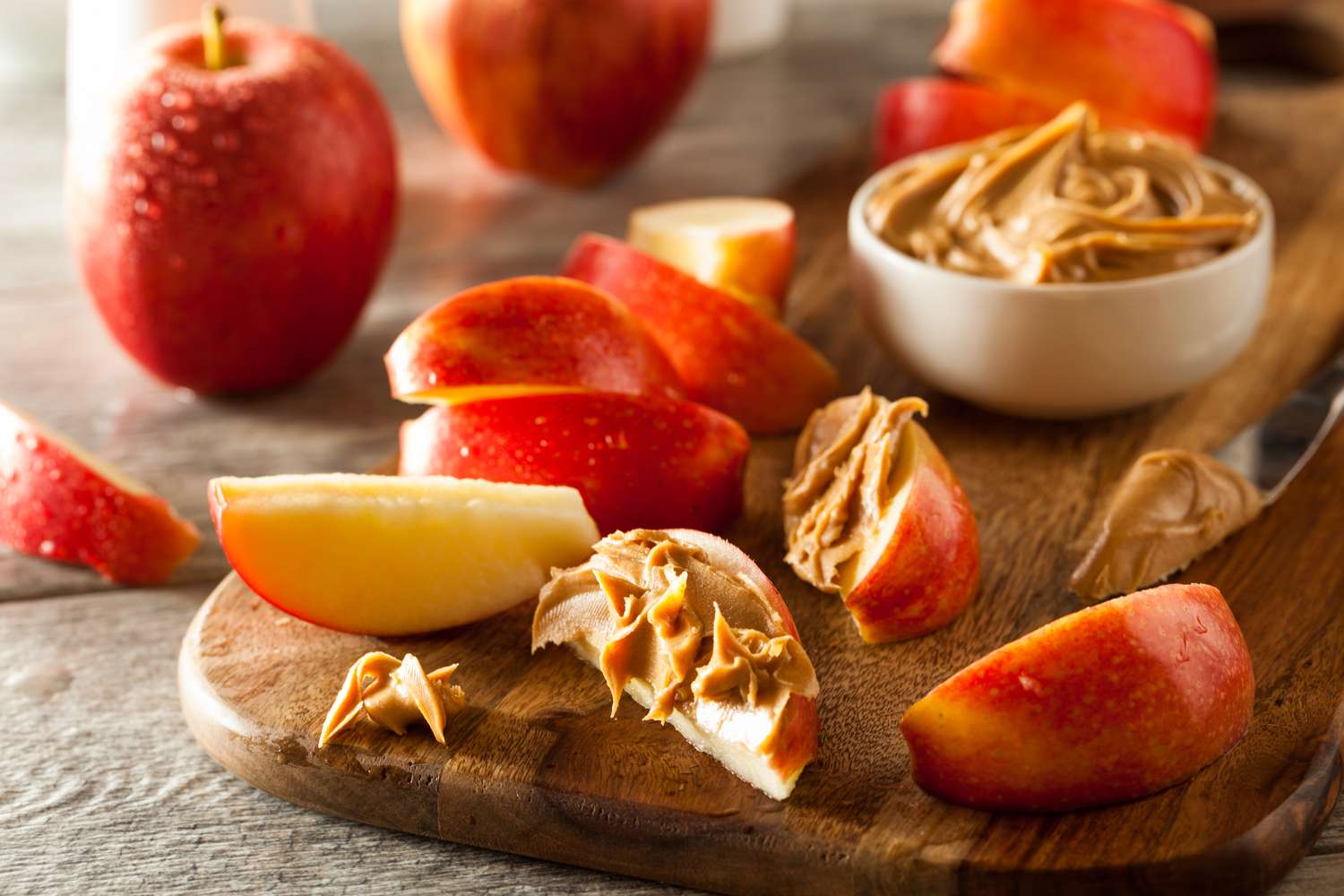
- Quinoa salad with roasted vegetables and grilled chicken/tofu: Quinoa is a complete protein, meaning it contains all nine essential amino acids. Toss cooked quinoa with your favorite roasted vegetables like bell peppers, zucchini, and sweet potatoes. Add a lean protein source like grilled chicken or tofu for a balanced and satisfying pre-yoga meal.
- Brown rice with steamed vegetables and baked salmon/tempeh: Brown rice is a complex carbohydrate that provides sustained energy for your yoga practice. Pair it with steamed vegetables such as broccoli, carrots, and snap peas. Add a source of omega-3 fatty acids like baked salmon or tempeh for its anti-inflammatory benefits.
IV. Foods to Avoid Before Yoga
A. Heavy and Fatty Foods
- Red meat and fried foods: These foods take a longer time to digest and can leave you feeling sluggish and heavy during your practice. Opt for lighter protein options like grilled chicken or tofu instead.
- High-fat dairy products: Foods like full-fat cheese, creamy sauces, or ice cream can cause discomfort and bloating. Choose low-fat or plant-based alternatives to satisfy your dairy cravings.
B. Fibrous Foods
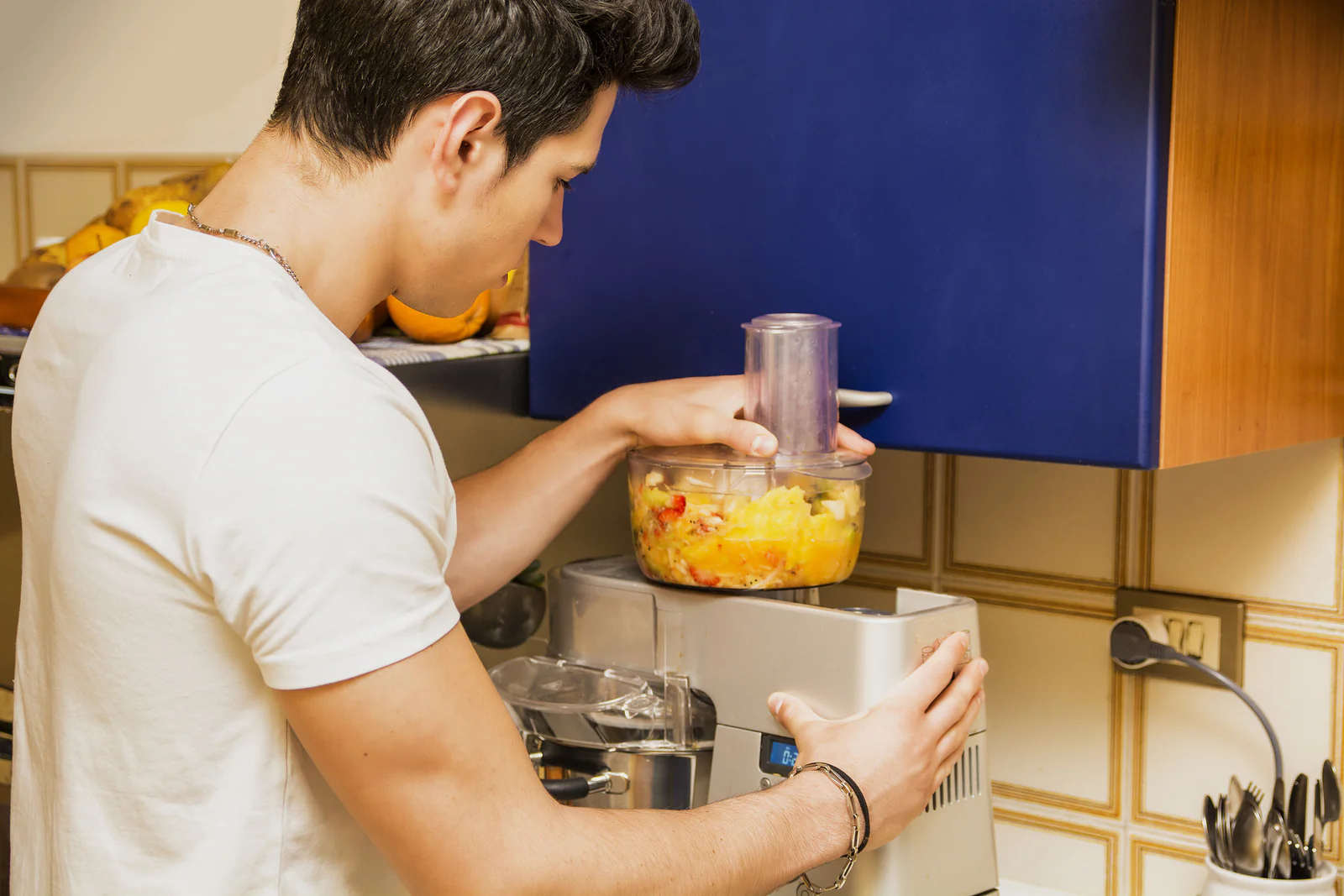
- Cruciferous vegetables like broccoli and cauliflower: While these vegetables are packed with nutrients, they can also cause gas and bloating. Save them for post-yoga meals when your digestion is in a better state.
- Beans and lentils: Legumes are an excellent source of plant-based protein, but they can also lead to gas and digestive issues. Avoid them before your yoga session and consume them in moderation at other times.
C. Caffeinated and Carbonated Beverages
- Coffee and energy drinks: Caffeine can stimulate the nervous system and lead to jitters or stomach discomfort. Opt for herbal teas or decaffeinated options instead, or enjoy your cup of coffee several hours before your practice.
- Carbonated drinks: The bubbles in carbonated beverages can cause gas and bloating. Stick to still water or herbal teas for hydration before your yoga session.
By choosing the right pre-yoga snacks and meals and avoiding heavy, fatty, fibrous, or stimulating foods, you can optimize your digestion, energy levels, and focus during your practice. Experiment with different meal options and listen to your body to find what works best for you. Remember, nourishing your body before yoga is an essential part of taking care of yourself and enhancing your overall yoga experience.
